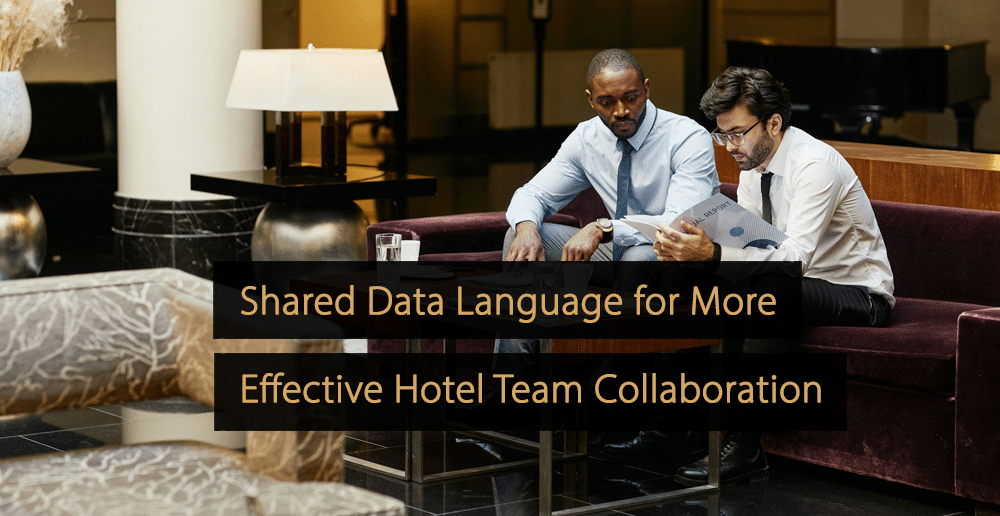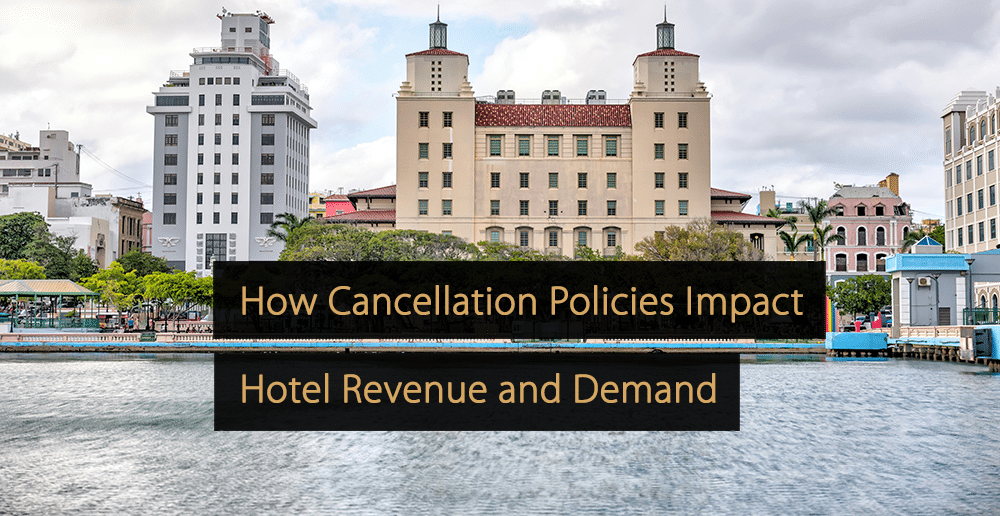Data has become the new language of hospitality, but not everyone in the hotel industry speaks it fluently. Too often, analytics live in reports seen only by a few, while decisions are made by many. In today’s fast-moving market, that’s a luxury no hotel can afford. Making analytics accessible to everyone isn’t a trend; it’s a competitive necessity.
The Hidden Cost of Data Hierarchies
Walk into any hotel and ask who really uses data day to day. You’ll usually hear: “Revenue management, finance… maybe marketing.” Everyone else is waiting for a report or an explanation.
This “data privilege” creates an invisible hierarchy. A few people hold the insights, while others operate on instinct. It slows down response times, encourages silos, and disconnects the commercial engine from what’s happening on the ground.
When only part of your team can see what’s happening, the rest are forced to guess. And in a business where small decisions ripple through the P&L, guessing is expensive.
Accessible analytics closes that gap. They turn data into a shared language that aligns departments and drives smarter, faster action.
Why Data Accessibility Is Now a Strategic Imperative
Accessible data helps hotels react faster, stay aligned, and make confident choices. It turns information into action that drives performance and growth.
1. Decision Velocity
Hospitality rewards speed. Demand shifts fast, distribution costs change daily, and guest behavior keeps evolving. You can’t move quickly if you’re waiting on a monthly report or a spreadsheet refresh.
When analytics are accessible, every department can make decisions at the speed of change:
- Front desk teams adjust upsell tactics in real time.
- F&B identifies margin drains before month-end.
- Marketing tracks campaign ROI before the budget’s gone.
2. Alignment Across Departments
Hotels are ecosystems. Revenue, operations, marketing, and finance each have their own dashboards, KPIs, and success metrics. But rarely do those metrics align.
Accessible analytics connect those dots. When everyone shares a single version of the truth, decisions stop competing with one another.
Alignment replaces debate: teams move from defending numbers to discussing outcomes.
3. Confidence at Every Level
Clarity creates confidence. When data becomes visual, intuitive, and contextual, you don’t need to be an analyst to understand it.
- A line manager can quickly spot when breakfast costs are outpacing revenue.
- A marketing coordinator can see which channels actually deliver profitable guests.
- A GM can walk into the morning meeting already seeing what changed overnight.
Confidence doesn’t come from having data. It comes from understanding it.
How to Build a Culture of Accessible Analytics
Building a culture of accessible analytics starts with people. It means making data easy, connected, and inspiring curiosity across every team.
1. Simplify the Experience
Too often, analytics platforms are built for experts, not everyday users. They’re complex, filled with jargon, and require training. Simplifying the interface is key.
Data needs to feel like a conversation, visual, fluid, and responsive. When analytics tell a story, they invite participation instead of intimidation.
2. Integrate, Don’t Isolate
Data without connection is noise. To make analytics truly accessible, systems must talk to each other, PMS, RMS, POS, CRM, and financial data, all feeding into a unified view.
That’s when trade-offs become clear:
- Should you accept that low-rate group if their banquet spend makes up the margin?
- Is it worth chasing OTA volume if acquisition costs eat into profit?
An integrated view turns these from guesswork into evidence-based discussions.
3. Train for Curiosity
Accessibility is not just technical, it’s cultural. Teams need to feel empowered to ask “why.”
Encourage curiosity, not compliance. Ask questions like:
- What changed this week compared to last?
- Which guest segments bring more total value, not just room nights?
- How do we turn these insights into better decisions tomorrow?
The Human Side of Analytics
Numbers alone don’t inspire teams; understanding does. The most successful hotels treat analytics as a shared story, not a secret code.
- A night auditor seeing pickup trends shouldn’t need to call revenue management to interpret them.
- An F&B manager should instantly know how breakfast revenue compares to cost, without downloading three spreadsheets.
When analytics are human, they empower rather than overwhelm. They spark better conversations. They unite departments around shared goals.
What Accessible Analytics Look Like in Practice
- One source of truth: All data, rooms, F&B, M&E, distribution, and costs, accessible from a single, visual platform.
- Customized dashboards: Each department sees the view that matters to them without waiting for IT or analysts.
- Cross-department alignment: Sales knows the profitability of every segment, operations sees labor efficiency in context, and finance tracks the overall impact instantly.
Platforms like Juyo Analytics have pioneered this kind of integrated, customizable approach. They make analytics visual, collaborative, and flexible, so that every level of your hotel can act with clarity and confidence.
From Reports to Readiness
Hotels often describe themselves as “data-driven,” yet most still rely on backward-looking reports. The problem isn’t the lack of data; it’s the lack of accessibility. When data becomes everyone’s tool, your hotel becomes more agile, more profitable, and far more aligned. Accessible analytics can transform your team from data consumers into decision-makers.
Free Checklist: Start Using Data in Your Hotel’s Decision-Making
Using data to power insights and decisions at your Hotel can position you for commercial success, help increase guest satisfaction, and reduce costs. This checklist provides a starting point for hoteliers new to data analytics in the hotel industry.
Click here to download the checklist “Start Using Data in Your Hotel’s Decision-Making“.
In hospitality, the best insights don’t always come from the boardroom, but from the front line. When every level of your hotel can see, understand, and act on data, you unlock not just performance, but shared intelligence.
More Tips to Grow Your Business
Revfine.com is the leading knowledge platform for the hospitality and travel industry. Professionals use our insights, strategies, and actionable tips to get inspired, optimize revenue, innovate processes, and improve customer experience.Explore expert advice on management, marketing, revenue management, operations, software, and technology in our dedicated Hotel, Hospitality, and Travel & Tourism categories.








Leave A Comment